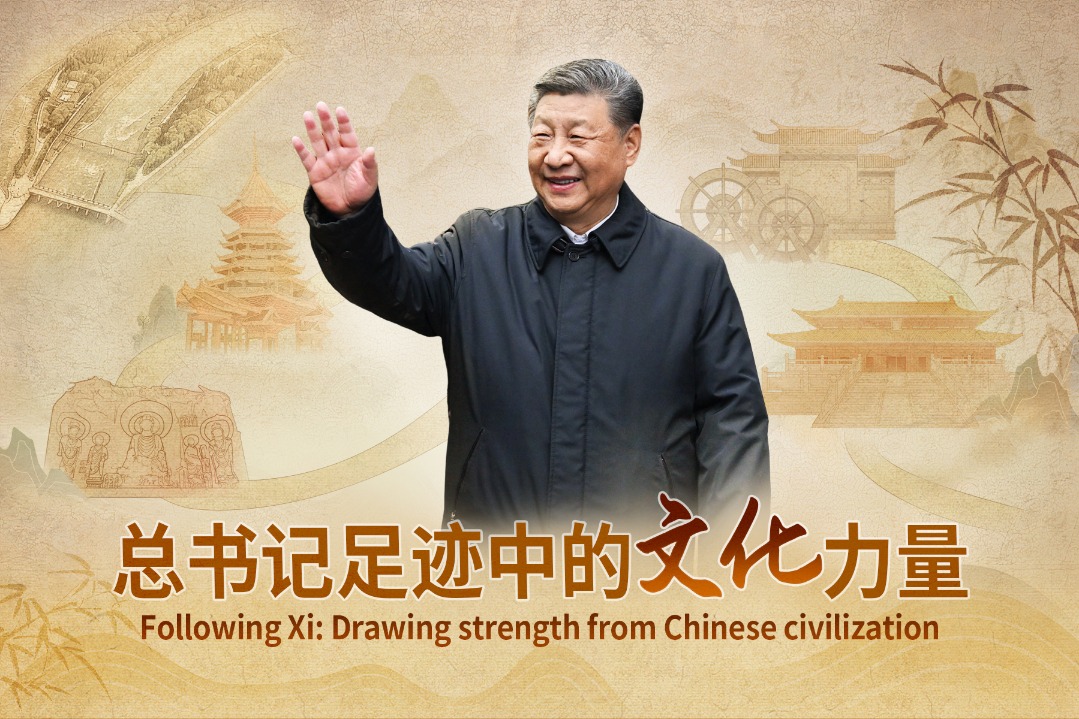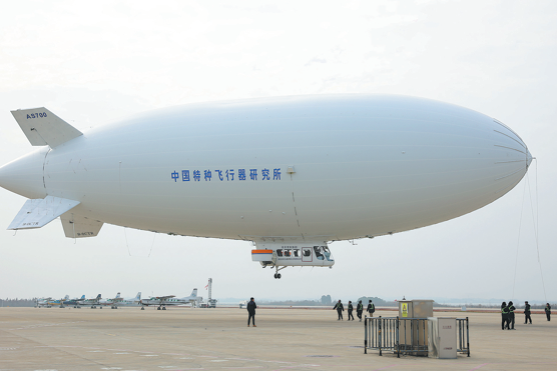Unfair trade wars

Horst Loechal, professor of economics and director of the German Center of Banking and Finance at the China Europe International Business School (CEIBS) in Shanghai, says some of the arguments put forward by Europeans about China needing to be more open are unfair.
|

Horst Loechal, professor of economics at the China Europe International Business School. [Provided to China Daily]
|
"I participated in a discussion a few days ago with a high level delegation from the German parliament. Someone put forward the view that Chinese companies can do everything in Europe and asked why European companies couldn't do the same here," he says.
"I don't think this is fair argument because you have to recognize there are real differences in the development stages of the two economies. It makes sense for the Chinese to protect their industry and economy."
Even critics of China's alleged protectionism concede the China economy has considerably opened up to foreign companies, particularly since the country was admitted to the World Trade Organization in 2001. Today's initiative will be seen as part of this process.
According to the Ministry of Commerce, tariffs on imported good into China have fallen from 15.3 to 9.8 percent over the past 10 years. But duties on some items like cars remain at 25 percent, making China one of the most expensive places in the world to buy a foreign car.
However, the government signaled at a news conference on June 15, that it was looking at reducing the import duty on luxury goods such as Louis Vuitton and Gucci handbags, watches and fine wines.
The Chinese are the world's second-largest buyers of such goods but are four times more likely to buy them abroad where they are up to 50 percent cheaper in some cases.
Today's Top News
- Poll findings indicate Taiwan people's 'strong dissatisfaction' with DPP authorities
- Xi emphasizes strong start for 15th Five-Year Plan period
- PLA drills a stern warning to 'Taiwan independence' separatist forces, external interference: spokesperson
- Xi, Putin exchange New Year greetings
- ROK leader's visit to help boost bilateral ties
- China's new plan, world's new opportunities






























